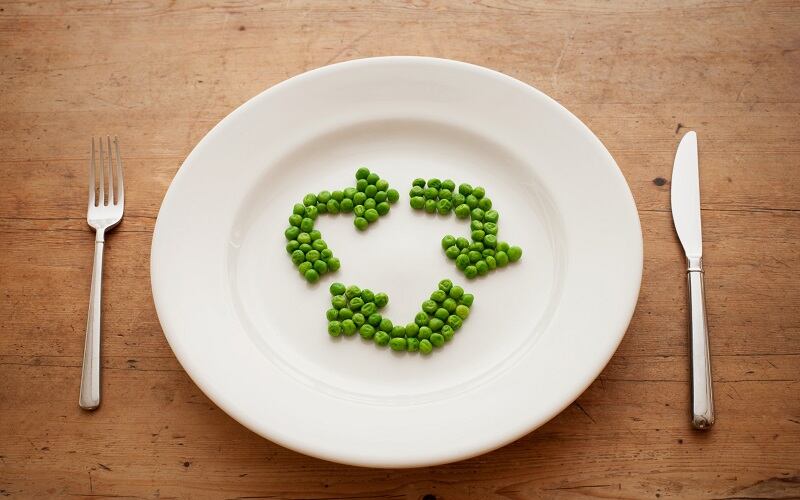IFT’s role in food safety within the food system is pervasive. Hitchcock emphasizes several of IFT’s science/technology programs and initiatives, particularly the organization’s participation in the UN’s Codex program, where the organization contributes to regulatory processes through public comments and has comprehensive division programs focused on food safety.
Among the organization’s area of concerns is sustainability, particularly surrounding food loss and waste. IFT recently published a comprehensive white paper on the topic, promoting the use of science and technology to address this issue.
“We’re in the midst of promoting and distributing that white paper…highlighting the importance of science and technology…and how our community can contribute to solving that particular problem…With 30 to 40% of food that's created, not being consumed at various different points in the supply chain, we feel like that it can have a significant leverage in addressing some of the sustainability challenges that are out there,” he explained to FoodNavigator-USA.
Hitchcock emphasized the use of side streams and advanced preservation technologies, such as freezing and pasteurization, to significantly reduce food waste.
“The classic example is in fruits and vegetables and things that may not meet a retail quality. How do you use those materials and alternative products? Or how do you create ingredients out of materials that may be going to waste? Particularly in the supply chain we didn't necessarily focus on retail or consumer level waste, [but] more in the middle of the supply chain of how products are being manufactured. How do you get things out that may traditionally be lost and reuse those and alternative products,” he added.
Communicating the value of food science to consumers
Hitchcock also touches on the challenge of communicating complex scientific terminology to consumers. Terms like “artificial” and “processed” are often stigmatized among consumers, evoking unhealthy sentiments around food.
“There's an important role in some of the technologies that we have in place to preserve food…pasteurization [and] additives often get put in a negative light, but they can also have a very positive impact as well. So [we’re] trying to balance out consumer needs, desires, along with some of the science and technology that's out there,” he explained.
Hitchcock explains that IFT aims to bridge this gap by using comparisons and relatable examples to help consumers better understand food processing technologies.
“Your stand mixer [is] at a gallon or two gallon scale. We may be processing [at] a 2,000 or 3,000 gallon scale. It's the same type of effect and steps are being made…at a larger scale,” he clarified.



